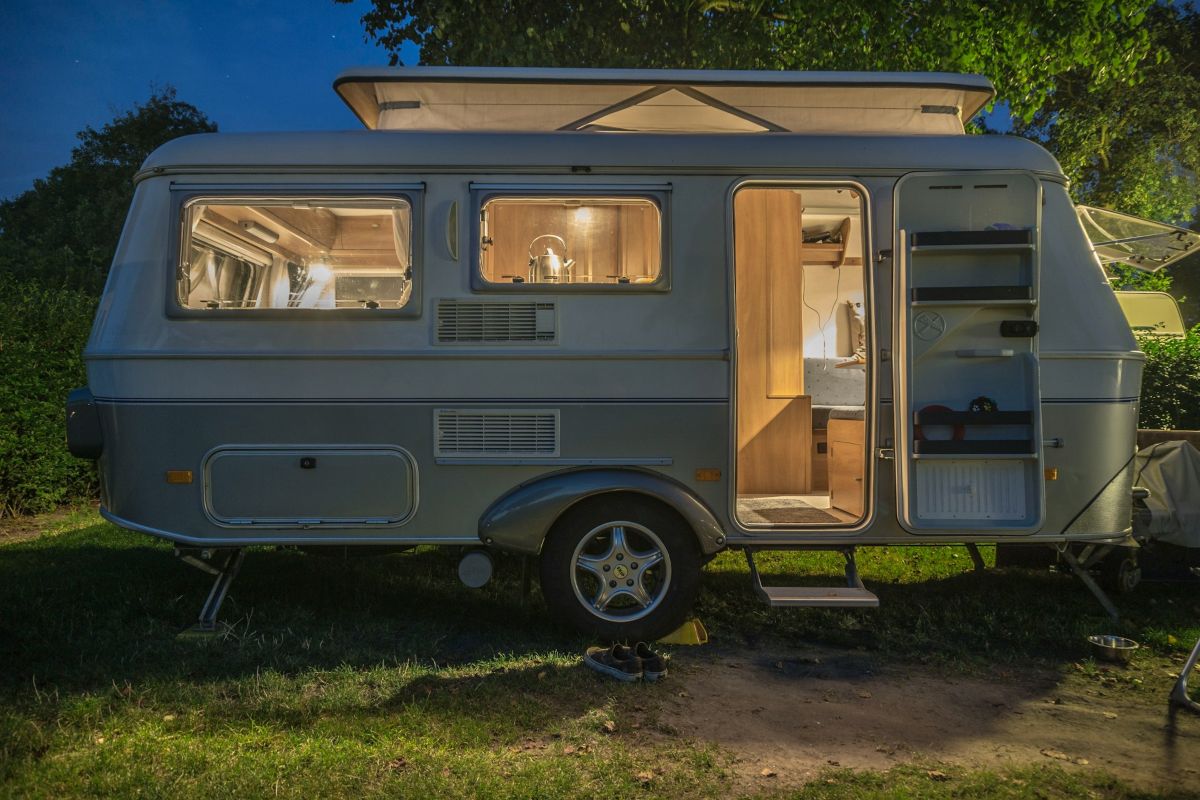As the housing market keeps getting saturated, people need help to afford a home. While traditional homes keep getting out of many individuals’ reach, mobile homes are a good alternative to becoming a homeowner. Also known as manufactured homes, mobile homes are prefabricated houses transported to the dwelling site for allocation.
While previously associated with low-income housing, there has been a shift in recent years as mobile homes have become more popular with a diverse demographic due to being more flexible.
The demand for these houses is driven by rising housing costs, changing lifestyles, and advancements in manufacturing techniques. To learn more about the financial considerations of getting a mobile house, read on:
4 Financial Considerations For Mobile Homes

1. Cost Analysis
Mobile homes’ costs can vary but are generally always cheaper than traditional homes. Newer models tend to be more expensive, while older models can offer you more cost savings. Contrast this with traditional houses, which have very high initial purchase costs.
One key consideration for mobile home ownership is the cost of land. You can park your home on the leased land within mobile home parks or purchase private land for your home. Mobile home parks will require you to pay monthly lot rents, whereas purchasing land involves upfront costs and property taxes.
Mobile homes also have generally lower utility costs compared to traditional houses due to their more energy-efficient design. Maintenance costs may vary depending on the condition and location of the house. Traditional houses have higher utility and maintenance costs due to their less energy-efficient design.
However, traditional homes might provide you with more appreciation in the long run as you build equity in your house, while mobile homes tend to depreciate over time.
2. Financing Options
While mobile homes are a lot cheaper than traditional homes, they are still expensive, and you should have a financing plan in place to purchase one. Personal loans from banks, credit unions, or online lenders are a common way to finance a mobile home.
Remember that these loans usually have a high interest rate as they are unsecured. Instead, you should consider Federal Housing Administration (FHA) loans, which have lower down payment requirements and lenient credit score criteria.
A third financing option is chattel mortgages, which are secured by the mobile home itself as collateral. However, they can have high interest rates and shorter loan terms. Some lenders also have tailored loans specific to mobile homes and offer competitive interest rates. However, they often require larger down payments.
You can also check if your mobile homes dealership offers a lease-to-own agreement, in which you can rent such a home for a time, and at the end of the lease term, you get the ownership of the home. Note that it isn’t readily available, and the overall costs are often higher than when purchasing upfront.
3. Insurance Conditions
Mobile home insurance coverage is crucial for safeguarding your investment and belongings against natural disasters, accidents, and theft. Getting insurance also provides you with liability protection if someone is found injured on your property. If you finance your house through a loan, it might even be a lender’s requirement to insure your mobile home.
Several types of insurance policies exist for mobile homes, ranging from property insurance to liability insurance and flood insurance. Property insurance covers damage to the home itself by natural disasters and theft and includes coverage for the home’s structure and personal belongings.
If you live in a flood-prone area, you might need flood insurance separately, as flood damages might not be covered under property insurance. Liability insurance protects against lawsuits for bodily injury or property damage.
The premiums and coverage limit depend upon several factors. If your house is near coastlines or other areas prone to natural disasters, your premiums will be high. Older homes also have higher premiums compared to new homes. If you go for a higher deductible, you can get lower premiums.
4. Resale and Exit Strategies
Your house’s resale value depends upon age and conditions: the older your mobile home is, the lower its value. Similarly, it will sell for more if it is in a desirable location. Consider upgrading your home for a better resale price, too. You can get modern finishes, appliances, and energy-efficient features that up your mobile home’s resale value.
You can maximize your resale value in several ways. The easier way might be to enhance the curb appeal by investing in landscaping, exterior painting, and repairs to the siding, roof, and window. Energy efficiency also results in high resale value. HVAC systems and insulation provide energy efficiency.
Final Words
If you want affordable, quality houses, mobile homes can be a good idea. However, while they are cheaper than traditional homes, finding money to purchase a mobile home can take time and effort. You must consider all financial aspects before deciding which mobile home to buy. Do a cost analysis and find financing options?
You can take out personal loans, FHA loans, or chattel mortgages. Lease-to-own arrangements are also sometimes available. Remember to look into your home’s insurance; it may be legally required. If you plan on selling your home later, ensure you bump up its resale value as mobile homes depreciate over time.
Read Also:
- How Mobile Apps Can Optimize Your Business Prospects
- Property Business: How To Make Money Buying And Selling Homes
- How To Save Money Around the House
Author: Catherine Park
















